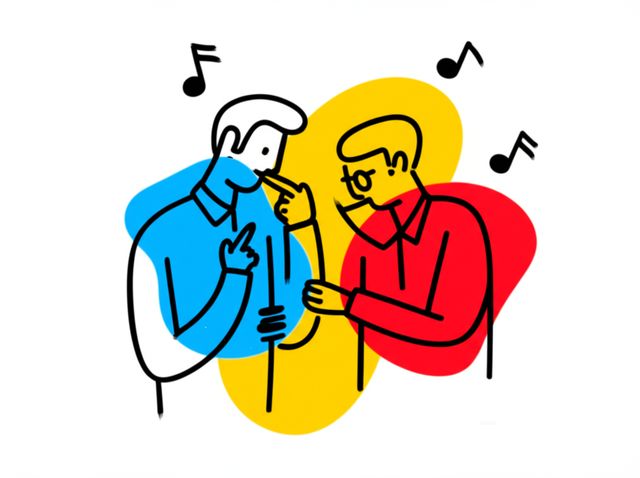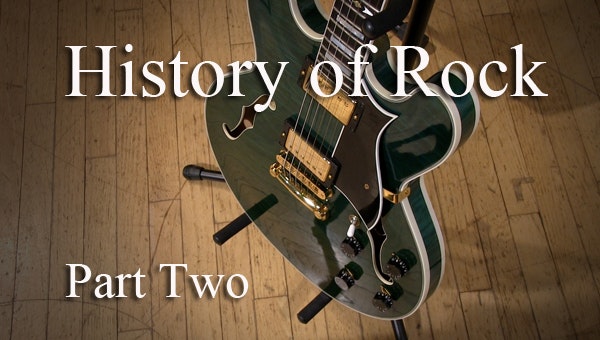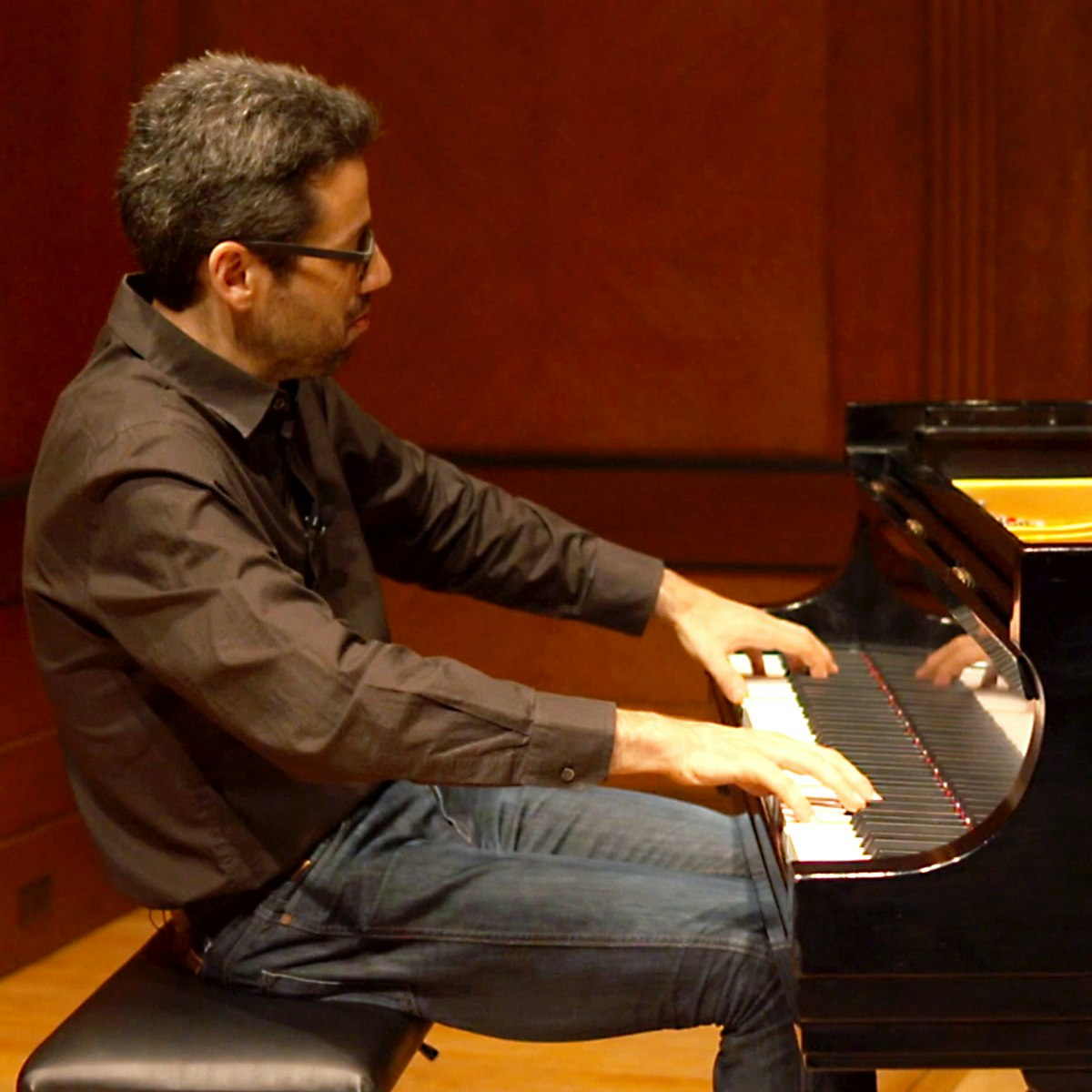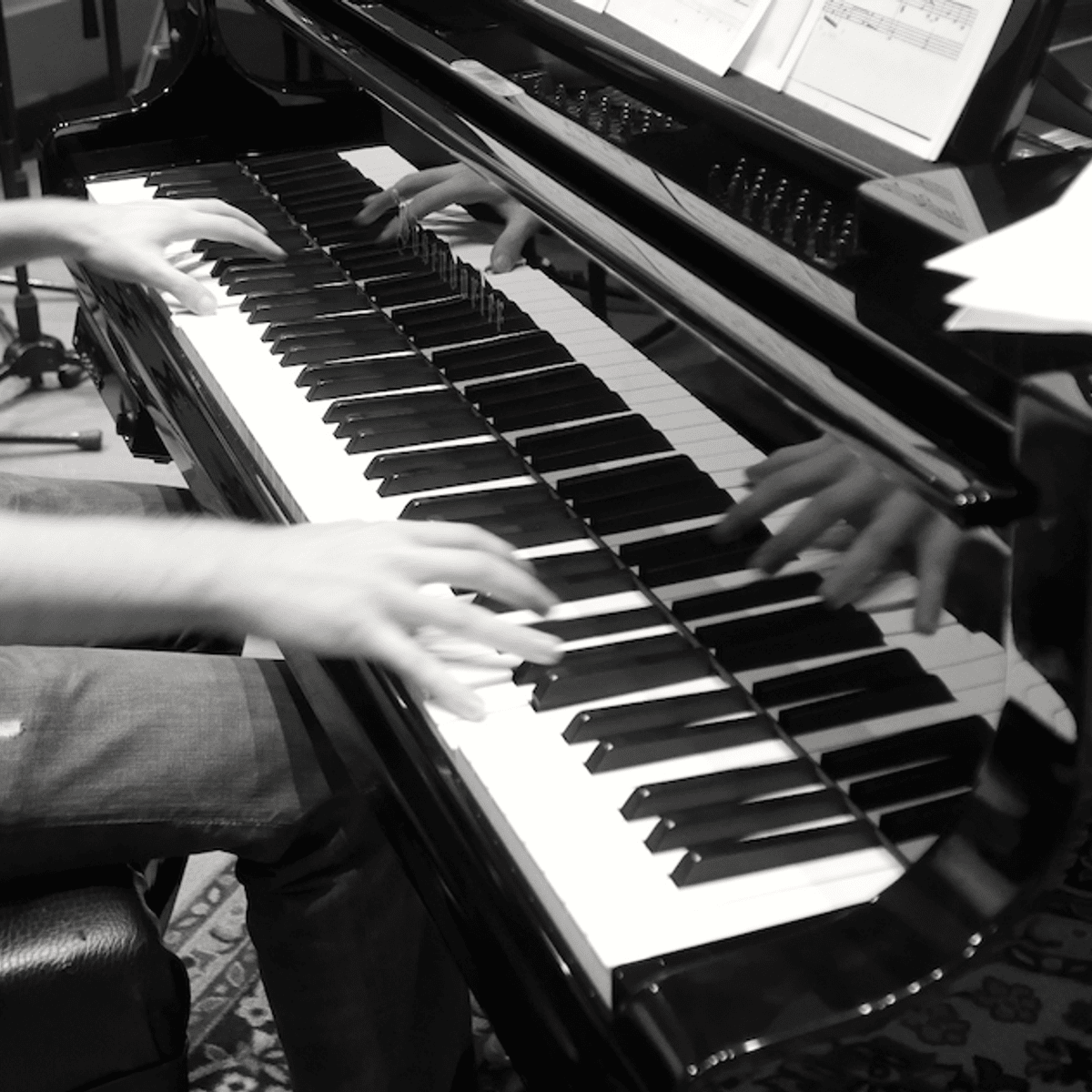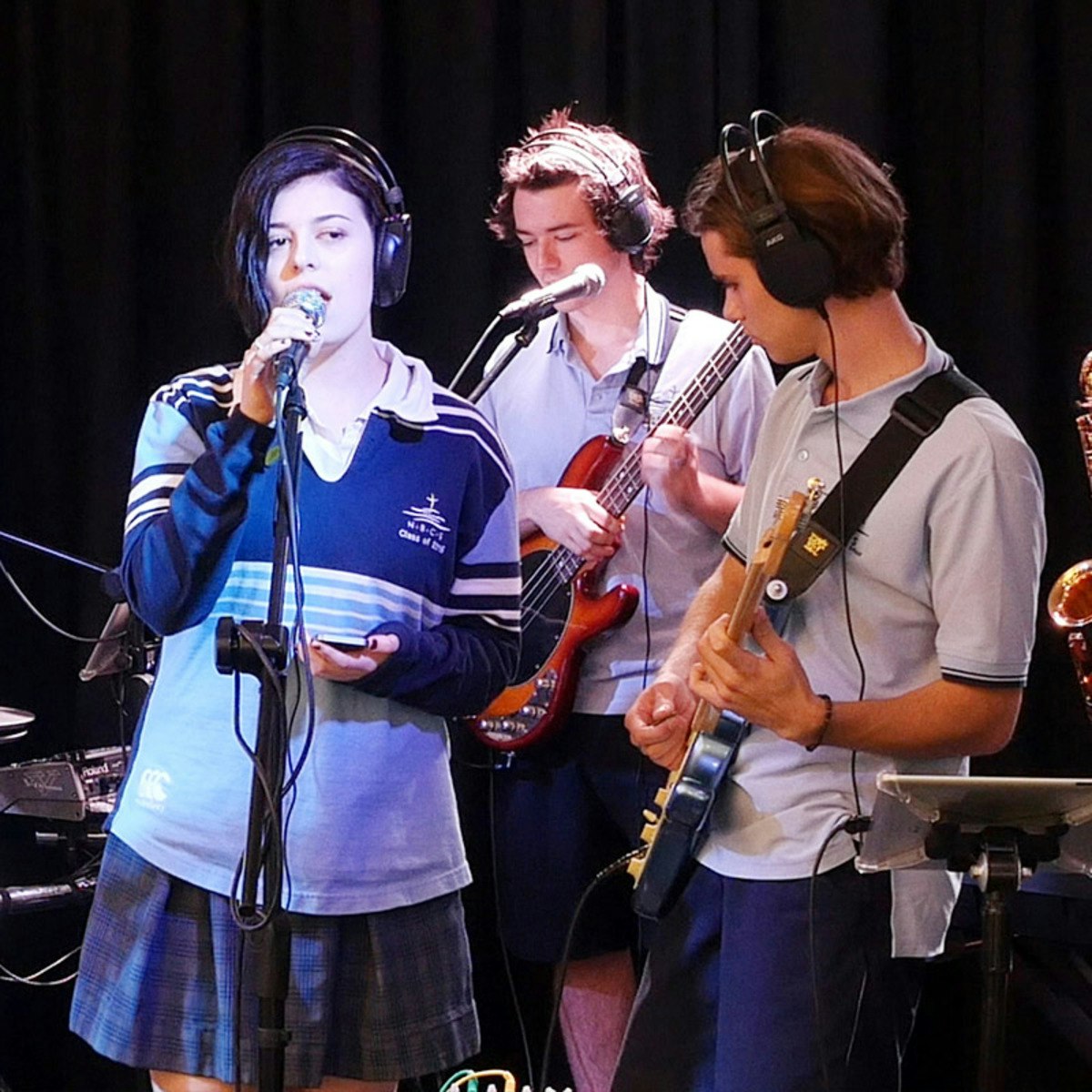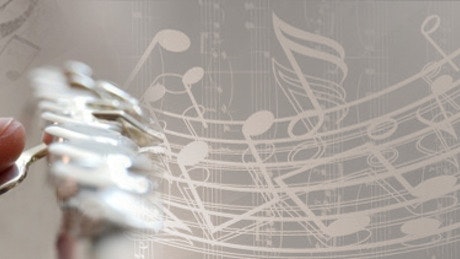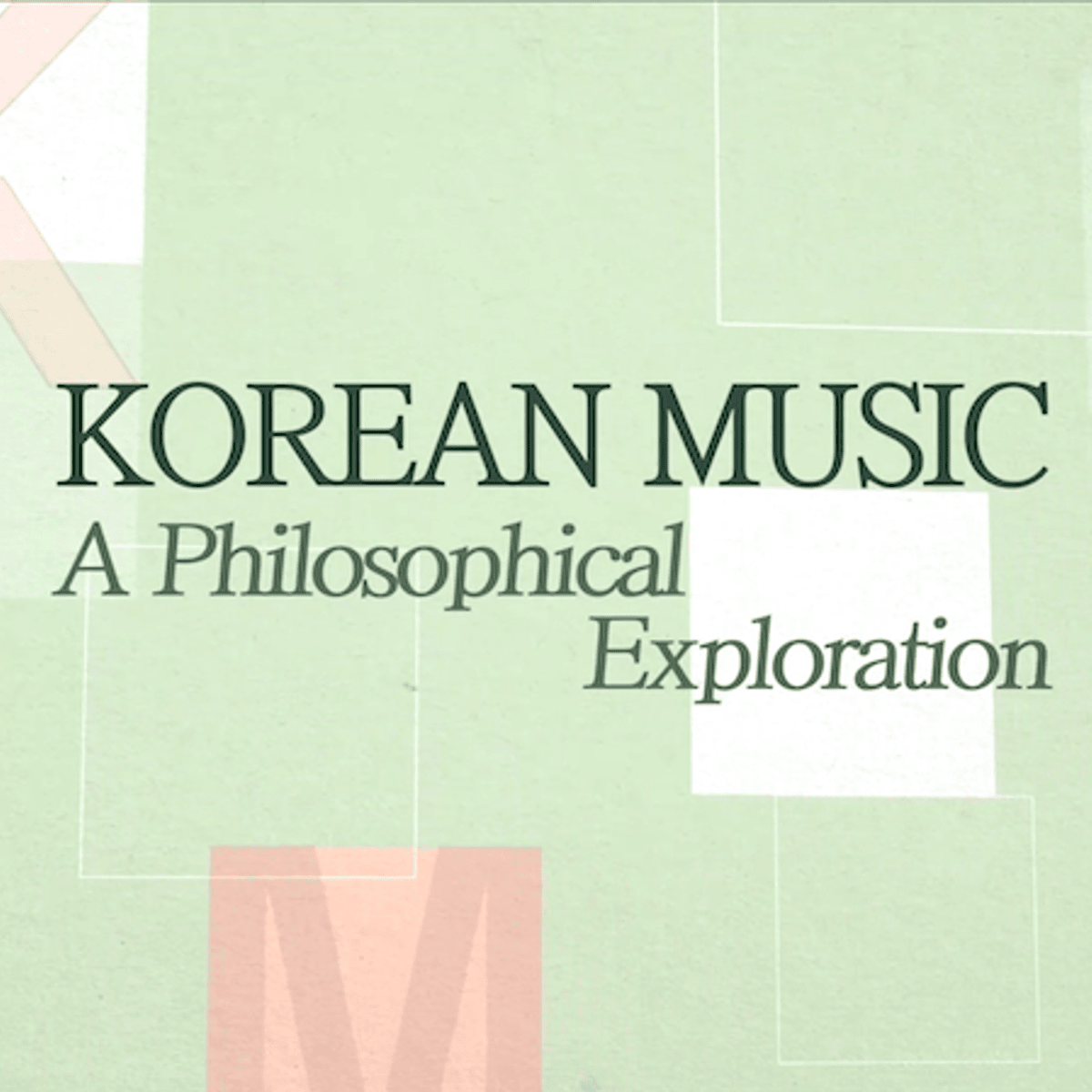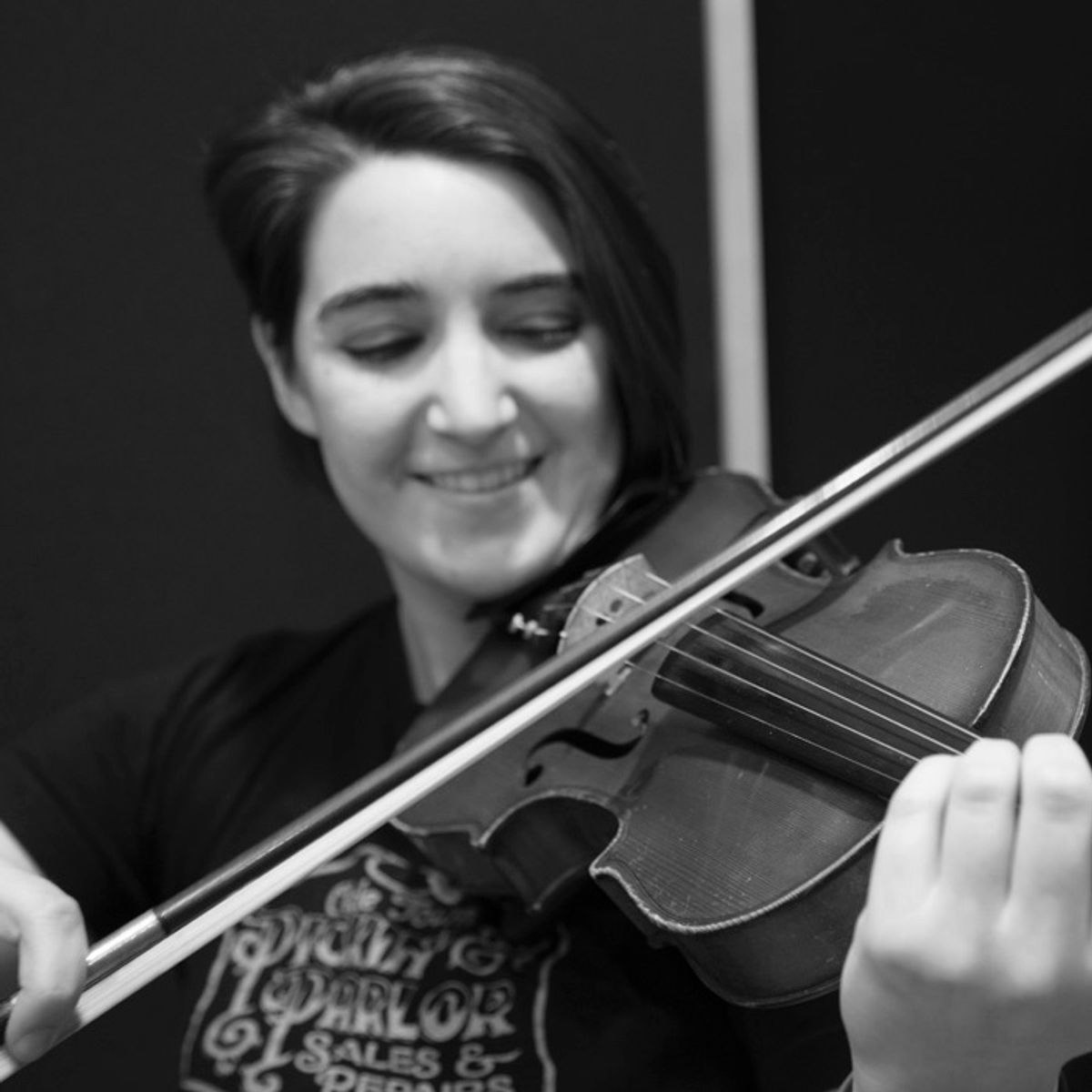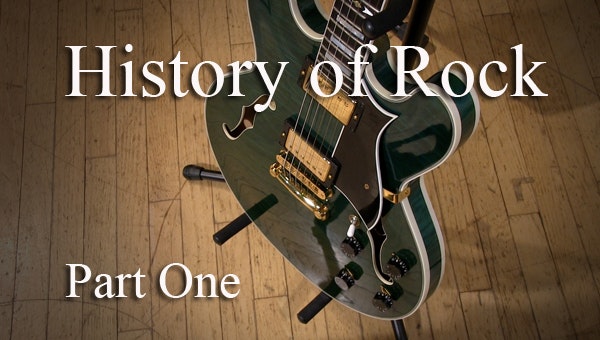Music Professor
Becoming a Music Professor: A Comprehensive Career Guide
A Music Professor is an academic professional dedicated to teaching, researching, and often performing or composing music within a higher education setting, such as a university, college, or conservatory. They guide students through the complexities of music theory, history, performance techniques, composition, or music education, shaping the next generation of musicians, educators, and scholars. Beyond the classroom, they contribute original research, creative work, or performances to the field, advancing musical knowledge and practice.
Working as a Music Professor offers the unique opportunity to deeply immerse oneself in the world of music, sharing passion and expertise with eager students. It involves a blend of intellectual rigor, creative expression, and mentorship. Many find the process of guiding students' musical development profoundly rewarding, while the academic environment provides space for continuous learning and contribution to the broader musical discourse through research or performance.
Introduction to Music Professorship
Defining the Role: Teaching, Research, and Artistry
At its core, a Music Professor educates students in various facets of music. This might involve lecturing on music history, leading seminars in music theory, conducting ensembles, giving private instrumental or vocal lessons, or mentoring budding composers. The specific duties depend heavily on the institution and the professor's area of specialization.
Beyond teaching, Music Professors are typically expected to engage in scholarly or creative activities. For musicologists or theorists, this means research and publication in academic journals or books. For performers and composers, it involves maintaining an active profile through concerts, recitals, recordings, or the creation of new musical works. This dual expectation of pedagogy and professional activity defines the role.
Success in this field requires not only deep musical knowledge and skill but also strong communication abilities, pedagogical insight, and a commitment to ongoing professional development. It's a demanding role that balances teaching obligations, administrative tasks, and the continuous pursuit of artistic or scholarly excellence.
A Brief History of Music in Academia
The role of the Music Professor has evolved significantly over centuries. Early forms of higher music education were often tied to religious institutions or apprenticeships with master musicians. Universities gradually incorporated music into the curriculum, initially often as a theoretical or historical subject within the liberal arts tradition.
The 19th century saw the rise of conservatories dedicated to practical performance training, creating a parallel track to university music departments. Over time, many universities integrated performance and composition more fully, leading to the modern structure where theoretical, historical, and practical music studies often coexist within the same department or school.
Today's Music Professor navigates this rich history, working within institutions that may prioritize research, performance, teaching, or a combination thereof. The digital age also continues to reshape music education and scholarship, adding new dimensions to the professor's role.
Distinguishing Music Professors from Other Academics
While sharing many responsibilities with professors in other disciplines (teaching, research, service), Music Professors often face unique demands. Performance-based roles require maintaining a high level of instrumental or vocal proficiency, akin to the laboratory work of a scientist or the studio practice of an artist.
The evaluation criteria for advancement, particularly tenure, can also differ. Publications and grants remain important, but juried performances, recordings, compositions, and direction of ensembles often carry significant weight, depending on the professor's specialization and the institution's mission.
Furthermore, Music Professors frequently engage in one-on-one instruction (applied lessons), which demands a different pedagogical approach than large lecture courses common in other fields. This close mentorship relationship is a hallmark of many music programs.
Role of a Music Professor in Modern Academia
Balancing Teaching, Research, and Creative Practice
A central challenge for Music Professors is balancing the "three-legged stool" of teaching, research/creative activity, and service. The expected distribution varies widely. Professors at research-intensive universities (often designated R1) may dedicate more time to scholarly output, while those at liberal arts colleges or teaching-focused institutions might prioritize pedagogy and student interaction.
Effectively managing time across these domains is crucial. Teaching involves course preparation, lecturing, grading, and mentoring. Research or creative work demands focused time for writing, composing, practicing, or rehearsing. Service includes committee work, student advising, recruitment efforts, and contributions to the broader profession.
This balancing act requires discipline and strategic planning. Many professors find their schedules fluctuate seasonally, with intense teaching periods during the academic year and dedicated blocks for research or creative projects during breaks or sabbaticals.
Diverse Specializations within Music Academia
The title "Music Professor" encompasses a wide array of specializations. Performers often teach applied lessons on their instrument or voice, coach chamber music, and direct large ensembles (orchestras, choirs, bands). They are expected to maintain an active performing career.
Composers teach composition lessons, music theory, orchestration, and related subjects. Their creative output involves writing new music for various ensembles and media. Musicologists focus on the history of music, researching and teaching courses on different eras, genres, and cultural contexts. Music Theorists analyze musical structures and teach harmony, counterpoint, and musical form.
Other common specializations include Music Education (training future K-12 music teachers), Ethnomusicology (studying music in its cultural context), conducting, music technology, and music therapy. Each area has distinct training paths and professional expectations.
Understanding these diverse areas is essential for aspiring professors. Here are some courses that touch upon key areas like theory, history, and composition.
These foundational books offer deep dives into Western music history and theory, essential knowledge for many specializations.
Administrative Duties and Service Expectations
Beyond teaching and research/creative work, Music Professors contribute to their department and institution through service. This typically involves participating in faculty meetings, serving on committees (e.g., curriculum, admissions, search committees), advising students, and assisting with recruitment events like auditions.
Committee work can be time-consuming but is essential for the functioning of the academic unit. Responsibilities might include reviewing applications, developing new courses or programs, evaluating faculty peers, or addressing student concerns. Effective collaboration and administrative skills are valuable assets.
Service also extends beyond the institution, potentially including roles in professional organizations (like the College Music Society or the American Musicological Society), peer-reviewing manuscripts for journals or presses, adjudicating competitions, or engaging in community outreach initiatives related to music.
Formal Education Pathways
Undergraduate Foundations: Performance vs. Academic Degrees
The journey typically begins with a bachelor's degree. Common options include the Bachelor of Music (BMus), often focused on performance or composition within a conservatory or specialized music school, and the Bachelor of Arts (BA) in Music, usually offering a broader liberal arts context with less intensive performance requirements.
The choice between a BMus and BA can influence graduate school options and career paths. A BMus often provides more rigorous training for performers and composers seeking conservatory or performance-oriented university positions. A BA might be suitable for those leaning towards musicology, theory, or related academic fields, though exceptions abound.
Regardless of the degree type, a strong foundation in music theory, music history, aural skills, and keyboard proficiency is generally expected. High performance standards are necessary for performance-track applicants, while strong analytical and writing skills are crucial for academic tracks.
Online courses can supplement undergraduate studies or provide foundational skills for those considering a pivot into music.
Navigating Graduate Programs: Master's and Doctoral Studies
A master's degree (Master of Music - MMus, or Master of Arts - MA) is usually the next step and often required for community college teaching or as preparation for doctoral study. Specializations become more focused at this level (e.g., MMus in Violin Performance, MA in Musicology).
The terminal degree for most university-level professorships is a doctorate. Performers typically pursue a Doctor of Musical Arts (DMA), which balances high-level performance with academic coursework and a final project (often lecture-recitals or a performance-based dissertation). Scholars (musicologists, theorists) pursue a Doctor of Philosophy (PhD), emphasizing original research culminating in a written dissertation.
Selecting a graduate program requires careful research. Consider faculty expertise in your area, program structure, performance opportunities, funding availability, and placement records. Admission is highly competitive, often requiring auditions, academic transcripts, GRE scores (less common now), writing samples, or composition portfolios.
Courses exploring specific repertoire or historical periods can be valuable during graduate studies.
Delving into historical periods requires comprehensive resources.
The Dissertation and Defense: Capstone of Doctoral Study
The culmination of doctoral study is the dissertation (PhD) or doctoral project/document (DMA). For PhD candidates, this involves extensive original research on a specific topic in music history, theory, ethnomusicology, or music education, resulting in a book-length manuscript.
DMA candidates often complete a combination of final recitals, a supporting written document analyzing repertoire or pedagogical issues, or sometimes a composition portfolio. The specific requirements vary significantly between institutions and specializations.
Both PhD and DMA candidates must typically defend their work orally before a committee of faculty members. This rigorous examination tests the depth and originality of the research or creative project and the candidate's ability to articulate and justify their findings or artistic choices. Successful completion marks the entry into the highest levels of the academic profession.
Postdoctoral Opportunities in Music
While less common than in the sciences or humanities, postdoctoral fellowships or research positions in music do exist. These are typically temporary appointments (1-3 years) designed to allow recent doctoral graduates to deepen their research, gain teaching experience, or develop new creative projects before seeking permanent faculty positions.
Postdoctoral positions can be highly competitive and are often based at research-intensive universities or specialized research centers. They can provide a valuable stepping stone, offering dedicated time for publication or performance preparation, which strengthens applications for tenure-track jobs.
Opportunities might involve working on a specific faculty member's grant-funded project, teaching a limited course load, or pursuing independent research with institutional support. Searching academic job boards and professional society websites is the best way to find these positions.
Alternative Training Methods
Certification Programs Beyond Degrees
While academic degrees are the standard pathway, certain specialized teaching roles may recognize specific certifications. For example, methodologies like Suzuki (string pedagogy), Orff Schulwerk, or Kodály (elementary music education) have established certification programs valued for specific K-12 or community music school positions, and sometimes adjunct university roles.
These certifications focus on specific pedagogical approaches and often involve intensive summer workshops or multi-year training sequences. They demonstrate expertise in a particular teaching method but do not typically substitute for graduate degrees for tenure-track university professorships, though they can enhance a candidate's profile, especially in music education.
Similarly, certifications in music technology or software (Ableton Live, Pro Tools, Finale, Sibelius) can be beneficial for roles involving music production, recording arts, or composition using digital tools.
Online platforms offer training in specific software and techniques relevant to modern music creation and performance.
The Role of Masterclasses and Performance Experience
For performers seeking professorships, extensive performance experience and study beyond formal degrees are crucial. Masterclasses offer invaluable opportunities to learn from renowned artists, refine technique, gain performance insights, and build professional networks. Attending and participating in summer festivals and workshops serves a similar purpose.
Consistent high-level performance is non-negotiable. Building a portfolio of recordings (audio and video), securing professional engagements (solo recitals, chamber music, orchestral work), and potentially winning competitions are essential components of developing the credibility needed for a performance-focused academic position.
This practical experience complements academic credentials, demonstrating artistic mastery and professional standing. Search committees for performance roles look for candidates who are not only excellent teachers but also active and respected artists in the field.
Developing strong technique is fundamental. These courses focus on instrumental skills.
Independent Research and Publication Strategies
For those pursuing scholarly paths (musicology, theory) perhaps outside a traditional PhD program, demonstrating research capabilities through independent publication is vital. This involves identifying significant research questions, conducting thorough investigations, and writing publishable articles or potentially even a book manuscript.
Targeting peer-reviewed academic journals appropriate to the field is key. Presenting research at academic conferences (national and international meetings of organizations like the American Musicological Society or the Society for Music Theory) provides visibility, feedback, and networking opportunities.
Building a strong publication record requires persistence, rigorous scholarship, and excellent writing skills. Securing even one or two peer-reviewed publications can significantly strengthen an application, showcasing the ability to contribute original knowledge to the field, even without the formal structure of a doctoral program.
Understanding music history across different traditions is crucial for research.
Building Credibility Without a Traditional PhD/DMA
While challenging, achieving a professorship without the standard terminal degree (PhD/DMA) is occasionally possible, though typically limited to specific circumstances or types of institutions. Exceptional professional achievement is usually the determining factor.
A world-renowned performer or composer with an extensive international career might be hired based on their artistic stature, often initially as an artist-in-residence or professor of practice. Similarly, individuals with significant industry experience (e.g., in music business, technology, or recording arts) might qualify for specialized faculty roles related to their expertise.
Community colleges or smaller teaching-focused institutions may sometimes hire faculty with master's degrees, particularly for applied instruction or directing ensembles, if the candidate possesses exceptional teaching skills and relevant experience. However, for tenure-track positions at most four-year universities, the doctorate remains the standard expectation.
A career as a professional musician is often a parallel path or precursor.
Career Progression for Music Professors
The Path to Promotion: Assistant, Associate, and Full Professor
The typical academic career ladder starts at the Assistant Professor level. This is usually an entry-level, tenure-track position held for about 5-7 years. During this probationary period, the professor must demonstrate excellence in teaching, research/creative activity, and service according to the institution's specific standards.
Successful review leads to tenure and promotion to Associate Professor. Tenure provides a significant measure of job security and academic freedom. Achieving tenure signifies that the professor has met the institution's long-term expectations for scholarly or artistic contribution and effective teaching.
Further sustained excellence and leadership in the field can lead to promotion to Full Professor, the highest academic rank. This typically requires a national or international reputation based on continued significant contributions through research, performance, composition, or professional leadership.
Tenure Requirements and Evaluation Benchmarks
The requirements for tenure vary by institution type and department focus but generally involve a rigorous review process. Candidates compile a detailed dossier documenting their achievements in teaching (student evaluations, course development, pedagogical innovation), research/creative work (publications, performances, recordings, compositions), and service (committee work, advising, professional activities).
External review is a critical component. Letters are solicited from prominent experts in the candidate's field at other institutions to evaluate the quality and impact of their scholarly or creative work. The dossier and external letters are then reviewed by multiple levels of faculty committees and administrators.
Benchmarks are often implicitly or explicitly defined. For researchers, this might mean a certain number of peer-reviewed articles or a book contract with a reputable press. For performers, it could involve a specific number of juried recitals, significant professional engagements, or acclaimed recordings. Meeting these benchmarks is crucial for a positive tenure decision.
These guides offer insights into historical context and notation, relevant for scholarly benchmarks.
Transitioning to Administrative Roles
Experienced professors may transition into administrative leadership roles. Common positions include Department Chair (or Head/Director), overseeing the music department's budget, personnel, curriculum, and daily operations. This role requires strong organizational, interpersonal, and leadership skills.
Higher-level administrative positions include Associate Dean or Dean of a college (e.g., College of Arts and Sciences, School of Music) or even Provost or President. These roles involve broader institutional leadership, strategic planning, fundraising, and policy-making. Moving into administration often means reduced teaching and research/creative activity.
While administration offers opportunities to shape the institution's direction, it also brings significant managerial responsibilities. Some professors find this shift rewarding, while others prefer to remain focused on their primary roles as teachers and artists/scholars.
Consulting and Opportunities Beyond Academia
The expertise of Music Professors is often sought outside the university. Performers may maintain active freelance careers, playing gigs, recording sessions, or touring independently. Composers might receive commissions for new works from ensembles, film producers, or other organizations.
Musicologists and theorists might consult for orchestras (program notes), record labels (liner notes), or legal cases involving copyright. Music educators may lead workshops for K-12 teachers or consult for school districts. Ethnomusicologists might work with museums or cultural organizations.
These external activities can provide supplemental income, enhance professional visibility, and bring real-world perspectives back to the classroom. Balancing these opportunities with core academic responsibilities requires careful time management.
Related careers often involve performance or creation.
Challenges in Music Academia
Navigating Funding Constraints in the Arts
Arts and humanities programs in universities often face budget pressures. Funding cuts can impact resources, faculty hiring, scholarships, ensemble tours, and facility maintenance. Music Professors may need to become adept at seeking external grants or fundraising to support their programs and creative projects.
This environment can create uncertainty and increase competition for available resources. Advocating for the value of music and arts education within the institution and to the wider community becomes an important, though sometimes challenging, aspect of the role.
Understanding institutional budgets and effectively managing allocated funds are necessary skills, particularly for those in leadership positions or directing large programs or ensembles.
The Creative vs. Scholarly Output Dilemma
For professors whose roles involve both creative practice (performance, composition) and traditional scholarship (research, publication), balancing these demands can be difficult. Expectations for tenure and promotion may require significant output in both areas, which can be challenging to sustain.
The time commitment required for maintaining high-level performance skills or consistent compositional output can conflict with the demands of research, writing, and teaching. Finding synergy between these activities – for instance, through lecture-recitals or scholarly analysis of one's own creative work – can be a productive strategy.
Institutional culture plays a role; some departments place greater emphasis on creative work, while others prioritize traditional scholarship. Understanding these expectations clearly from the outset is important for career planning.
Job Market Realities and Competition
The academic job market for Music Professors, particularly for tenure-track positions, is highly competitive. The number of qualified doctoral graduates often exceeds the number of available openings, especially in popular fields like piano performance or musicology.
Aspiring professors need to build exceptional credentials, including strong academic records, significant teaching experience (often gained through graduate assistantships or adjunct work), and a compelling record of research or creative activity. Geographic flexibility is often necessary, as positions may arise anywhere.
Many PhD/DMA holders pursue careers outside traditional tenure-track roles, finding positions as adjunct faculty, in arts administration, K-12 education, performance, or other related fields. It's wise to prepare for diverse career possibilities alongside pursuing the professorship goal.
The broader category of College Professor faces similar market dynamics.
Adapting to Technological Disruption
Technology is continually reshaping music creation, performance, distribution, and education. Music Professors must adapt to these changes. This might involve incorporating music software and digital tools into teaching (digital pedagogy), staying abreast of developments in electronic music or AI composition, or utilizing online platforms for instruction and collaboration.
Technological proficiency is increasingly expected, not just for specialists in music technology but across various subfields. Understanding digital audio workstations (DAWs), notation software, online teaching platforms, and digital archives is becoming essential.
This requires ongoing learning and willingness to experiment with new tools and methods. It also presents opportunities for innovative teaching and research, exploring the intersection of music and technology.
Online courses can help educators stay current with teaching technologies and approaches.
Global Opportunities and Variations
Comparing Academic Systems: US vs. Europe and Beyond
The structure and expectations for Music Professors can vary significantly across countries. The US system, with its emphasis on tenure-track positions combining teaching, research, and service within universities, differs from many European models. European conservatories often prioritize performance training with faculty who may be primarily active performers.
Academic ranks, funding models, and the role of research versus practice can differ. In some systems, professorships are fewer and harder to attain, while other countries might have different pathways or types of academic appointments in music.
Understanding these differences is crucial for those considering an international career. Researching specific institutions and national academic structures is necessary when exploring opportunities abroad.
Exploring music from different global traditions can broaden perspectives.
Visiting Professorships and International Exchange
Short-term opportunities like visiting professorships or scholar exchange programs (such as Fulbright) offer valuable international experience. These positions allow professors to teach or conduct research at a foreign institution for a semester or academic year.
Such experiences broaden professional networks, expose professors to different pedagogical and scholarly approaches, and can lead to international collaborations. They enhance a professor's profile and provide enriching personal and professional development.
Securing these positions often involves specific application processes and can be competitive. They are excellent ways to explore international academic environments without making a permanent move.
Cultural Expectations in Different Institutional Contexts
Working as a Music Professor in a different country requires navigating cultural nuances within the academic environment and the broader society. Teaching styles, student-faculty interactions, administrative processes, and expectations around professional conduct can vary.
Understanding and respecting local cultural norms is essential for successful integration and effective teaching and collaboration. This might involve adapting communication styles, understanding different approaches to hierarchy, or being aware of local traditions and values related to music and education.
Flexibility, open-mindedness, and a willingness to learn are key attributes for professors working in international settings or diverse cultural contexts within their home country.
Language Proficiency Requirements
For positions outside Anglophone countries, proficiency in the local language is often essential, or at least highly advantageous. While some international programs might use English as the language of instruction, effective communication with students, colleagues, and administrators usually requires local language skills.
Even within English-speaking countries, working with diverse student populations may benefit from proficiency in other languages. For certain specializations, such as ethnomusicology or the study of specific vocal repertoires, knowledge of relevant languages is a core research requirement.
Language skills enhance teaching effectiveness, facilitate deeper cultural understanding, and open doors to broader professional opportunities globally.
Online language courses are widely available on platforms accessible through OpenCourser, covering many world languages.
Financial Considerations
Salary Ranges and Institutional Differences
Salaries for Music Professors vary considerably based on factors like institutional type (public vs. private, university vs. conservatory vs. community college), geographic location, rank (Assistant, Associate, Full), specialization, and individual negotiation. Data from sources like the U.S. Bureau of Labor Statistics (for Postsecondary Teachers generally) or surveys by professional organizations like the College Music Society can provide benchmarks.
Generally, positions at research universities and well-endowed private institutions tend to offer higher salaries than those at smaller colleges or public institutions with tighter budgets. Full professors earn significantly more than Assistant Professors. Fields like music business or technology might sometimes command higher salaries due to industry connections.
Benefits packages (health insurance, retirement contributions) also form a significant part of the total compensation and vary between institutions. Understanding the full compensation package is important when evaluating job offers.
Generating Summer and Supplemental Income
Many Music Professor positions are based on nine- or ten-month contracts, leaving summers free for other activities. Professors often use this time for research, creative work, or generating supplemental income.
Common summer activities include teaching at summer music festivals or workshops, performing professionally, taking on commissions, or teaching summer session courses at their own or another institution. Some professors engage in consulting or private teaching.
These activities not only provide extra income but also contribute to professional development and visibility. Planning for summer income can be an important part of the financial picture for academic musicians.
Exploring different genres and skills can open up performance opportunities.
Royalties and Income from Creative Works
Composers and performers may earn royalties from the publication of scores, licensing of compositions, or sales of recordings. While potentially lucrative for highly successful artists, royalty income is often modest and unpredictable for most academic musicians.
Understanding copyright law, publication agreements, and royalty collection societies (like ASCAP or BMI for composers) is important for managing intellectual property and potential income streams from creative work.
Textbook authorship can also be a source of royalty income for professors who publish pedagogical materials in their field.
Understanding the music business can help manage creative assets.
Retirement Planning Considerations
Retirement planning for academics often involves defined contribution plans (like 403(b) or 401(a)), where both the employee and employer contribute. Understanding investment options and contribution levels is crucial for long-term financial security.
Factors like tenure status (which provides job security), potential fluctuations in supplemental income, and the specific retirement plans offered by the institution need careful consideration. Consulting with a financial advisor experienced in working with academics can be beneficial.
Unlike some professions with defined benefit pensions, academic retirement often relies heavily on personal savings and investment growth within the provided retirement accounts.
Industry Trends Impacting Music Professors
Growth of Interdisciplinary Programs
Universities increasingly favor interdisciplinary programs that connect music with other fields like technology, health sciences, business, or digital media. Music Professors may find opportunities to collaborate with faculty from other departments, develop new cross-listed courses, or contribute to interdisciplinary research centers.
This trend requires adaptability and a willingness to engage with methodologies and concepts outside traditional music studies. It reflects a broader shift in academia towards breaking down disciplinary silos and addressing complex problems through integrated approaches.
Expertise in areas like music cognition, music therapy, sound studies, or arts entrepreneurship can be particularly valuable in this evolving landscape.
Courses exploring music's role in wellness reflect this interdisciplinary trend.
Advancements in Digital Pedagogy
The use of technology in teaching music is rapidly expanding. Online learning platforms, interactive software, digital archives, and tools for remote collaboration are changing how music is taught and learned. Music Professors need to develop skills in digital pedagogy to remain effective.
This includes designing engaging online or hybrid courses, utilizing software for theory instruction or ear training, leveraging digital tools for performance feedback, and guiding students in using technology for composition or research. Professional development in educational technology is becoming increasingly important.
OpenCourser itself is a testament to the power of online learning, offering resources that students and professors can utilize. Exploring the Music category on OpenCourser reveals a wealth of options for supplementing traditional instruction.
Decolonizing Music Curricula
There is a growing movement within music academia to decolonize curricula, challenging the traditional dominance of the Western European classical canon. This involves incorporating a broader range of musical traditions, styles, and perspectives from around the globe and from historically marginalized communities.
Music Professors are increasingly expected to engage with these critical conversations, revise course content, and adopt more inclusive pedagogical approaches. This requires ongoing learning, critical self-reflection, and a commitment to representing musical diversity more equitably.
This shift presents opportunities to enrich music education, making it more relevant and representative of the diverse world we inhabit.
Exploring diverse musical histories is part of this effort.
These comprehensive histories provide context for understanding canonical shifts.
Ethical Debates and Performance Standards
Ongoing debates surrounding performance practice, historical authenticity, cultural appropriation, and ethical standards in the music world impact the work of Music Professors. Issues related to repertoire selection, interpretation, representation, and power dynamics within ensembles or studios require careful navigation.
Professors must stay informed about these ethical discussions and guide students in thinking critically about their own practices. This includes fostering respectful dialogue, promoting inclusive environments, and upholding professional ethical standards in teaching and performance.
Organizations like the College Music Society (CMS) and accrediting bodies such as the National Association of Schools of Music (NASM) often provide resources and guidelines related to ethical conduct and professional standards.
Frequently Asked Questions
Can you become a music professor without performance ability?
Yes, absolutely. While performance skills are essential for applied faculty (those teaching instruments/voice), professors specializing in musicology (history), music theory, music education research, or ethnomusicology primarily rely on scholarly expertise, research skills, and teaching ability. While a general musical understanding is necessary, high-level performance proficiency is not typically required for these roles.
How competitive are tenure-track positions?
Tenure-track positions in music are generally very competitive across most specializations. Institutions often receive hundreds of applications for a single opening. Success requires outstanding qualifications, significant teaching experience, a strong record of scholarship or creative work, and often a bit of luck in finding a position that perfectly matches one's profile and expertise.
Do music professors need ongoing creative output?
For professors in performance or composition, yes, ongoing creative output is usually expected for career advancement, particularly for tenure and promotion. This means maintaining an active schedule of performances, recordings, or compositional premieres. For scholars (musicologists, theorists), the expectation is for continued research and publication rather than performance.
What is the typical age range for achieving full professorship?
There is no set age range, as career progression varies widely. However, assuming a traditional path (doctorate completed in late 20s/early 30s, followed by 5-7 years as Assistant Professor, and potentially another 5-7+ years as Associate Professor), achieving Full Professor often occurs in one's 40s or 50s. Exceptional achievement or faster institutional timelines can alter this.
Are there many part-time/adjunct opportunities?
Yes, there are numerous part-time or adjunct faculty positions in music departments. These often involve teaching specific courses, applied lessons, or directing ensembles on a per-course or temporary basis without the benefits or job security of tenure-track roles. While providing valuable experience, reliance solely on adjunct work can be financially precarious.
How does university type impact research expectations?
Research expectations vary significantly. Research-intensive universities (like R1 institutions) place a high emphasis on groundbreaking research, publication in top-tier journals, securing grants, and achieving national/international recognition. Liberal arts colleges or teaching-focused universities prioritize teaching effectiveness and student mentorship, with research/creative expectations often being more modest or focused on pedagogical scholarship, though still required for advancement.
Embarking on a career as a Music Professor is a challenging yet potentially deeply fulfilling path for those passionate about music and education. It demands extensive training, dedication, versatility, and resilience. Whether pursuing performance, composition, scholarship, or pedagogy, the role offers a unique opportunity to shape musical understanding and inspire future generations. Continuous learning, adaptability, and a clear understanding of the academic landscape are key to navigating this rewarding profession. Resources like the OpenCourser Learner's Guide can help aspiring academics structure their ongoing learning journey.

